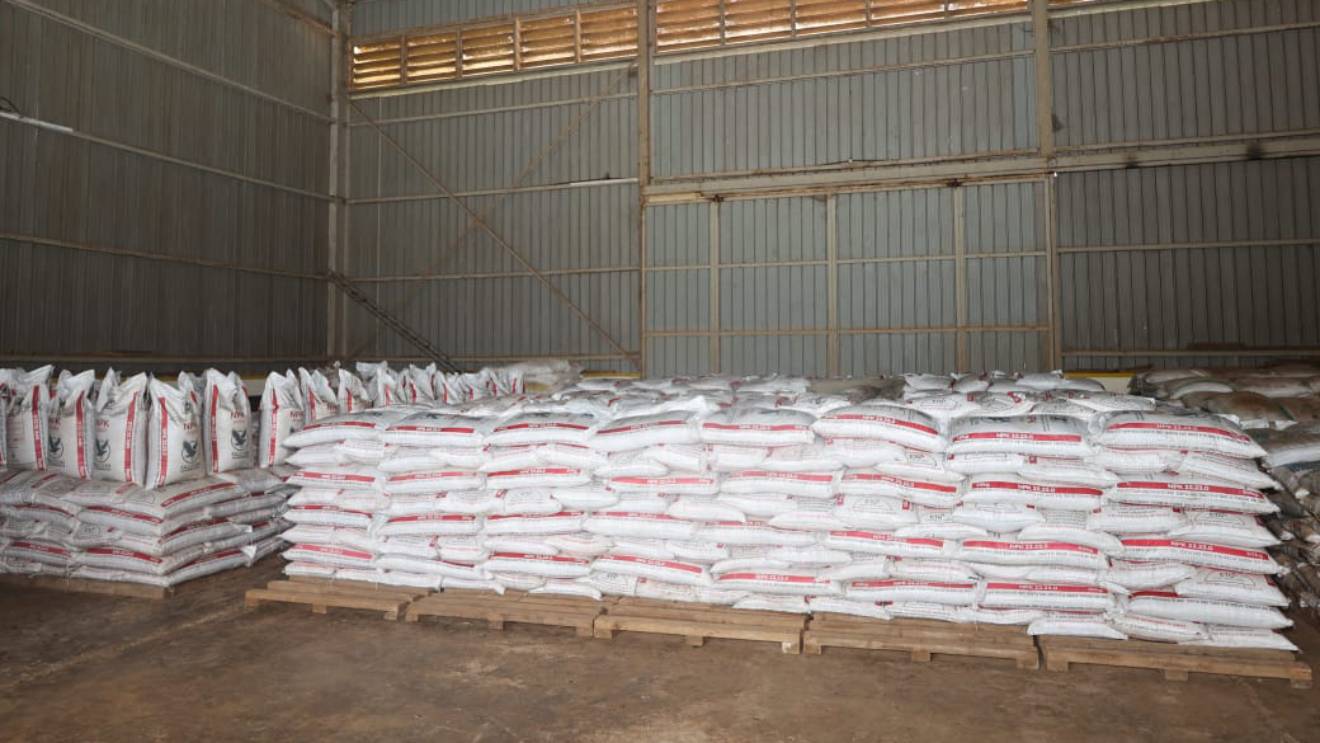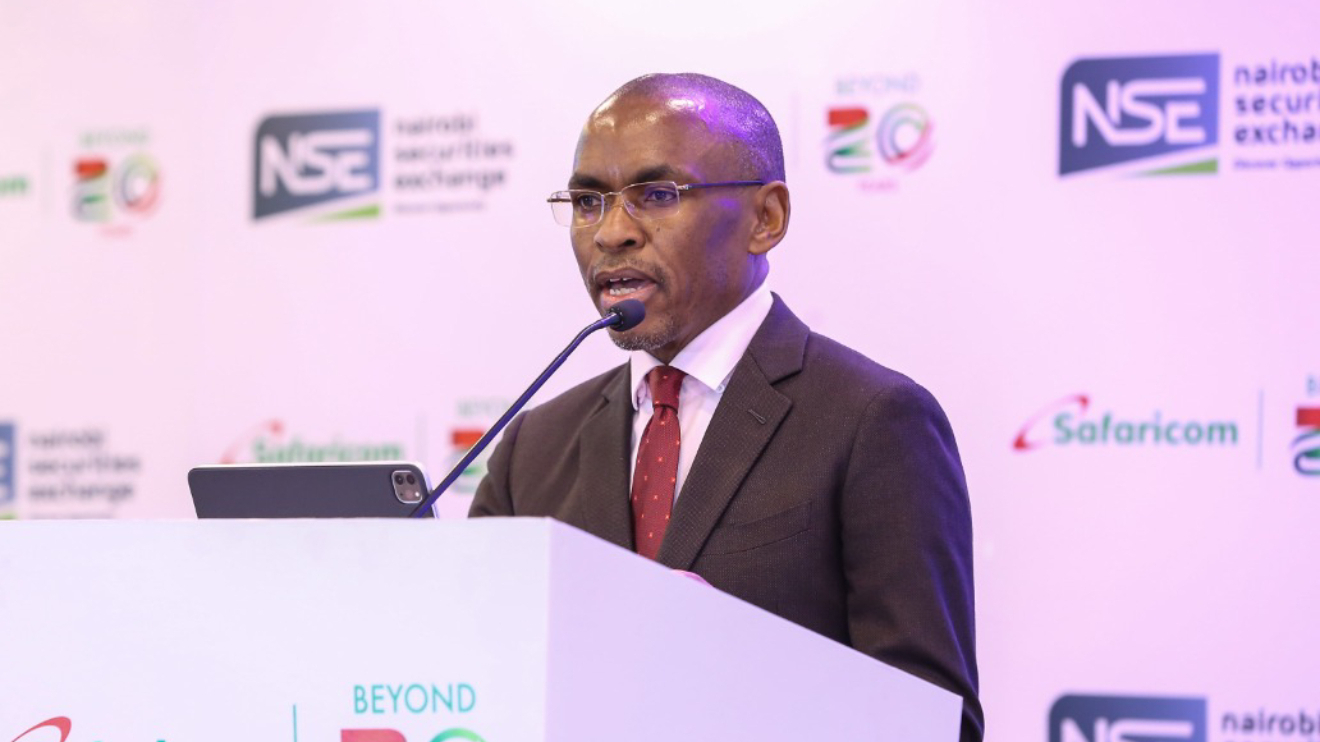Farmers in eleven counties are set to benefit from a new fertiliser insurance programme valued at Sh7,000 per person, introduced to cushion them against climate-related disasters such as droughts and floods.
The initiative, spearheaded by the Ministry of Agriculture and Livestock Development, is expected to cover 250,000 smallholder farmers during the current planting season.
The pilot scheme, which will run in counties including Makueni, Meru, Kisii, Kericho, and Trans Nzoia, is being implemented in partnership with Liand Pula Foundation, the Bayer Cares Foundation, the Lemonade Foundation, SOMPO Digital Lab, and Etherisc.
It marks a strategic shift towards integrating insurance into agricultural support programmes in Kenya.
Each registered farmer will automatically be enrolled through the Kenya Integrated Agriculture Management Information System (KIAMIS), with the insurance cover equivalent to the value of two bags of subsidised fertiliser.
Read More
The programme comes at no added cost to farmers for now, though officials noted this may change slightly in future seasons.
Payouts will be triggered in the event of drought, flooding, or other covered climate risks, with compensation delivered directly to affected farmers through mobile money platforms.
The assessments will rely on satellite data and field surveys to ensure accuracy.
While launching the programme, PULA president Rose Goslinga stated, “This is a major step forward for agricultural resilience in Kenya.”
She added, “Agricultural insurance helps farmers cope with unpredictable climate shocks. By embedding insurance into the subsidy program, we ensure its affordable and accessible.”
According to Acting Director General of the National Cereals and Produce Board (NCPB), Samuel Ndung’u, the fertiliser subsidy will remain at Sh2,500 per bag.
“This insurance is an enhanced benefit at no extra cost to farmers this season. In the future, the cost will be modestly built into the fertiliser price without increasing the burden,” Ndung'u explained.
With agriculture contributing about 33 per cent of Kenya’s GDP and supporting over 70 per cent of the rural population, government officials argue that the insurance programme will help stabilise incomes, open access to agricultural credit, and boost national food security in the face of growing climate volatility.
The launch signals a broader effort to build resilience in Kenya’s agricultural sector and mitigate risks that continue to threaten food production and livelihoods across the country.


-1757243598.jpg)





-1757244564.jpg)

-1757101509.jpg)